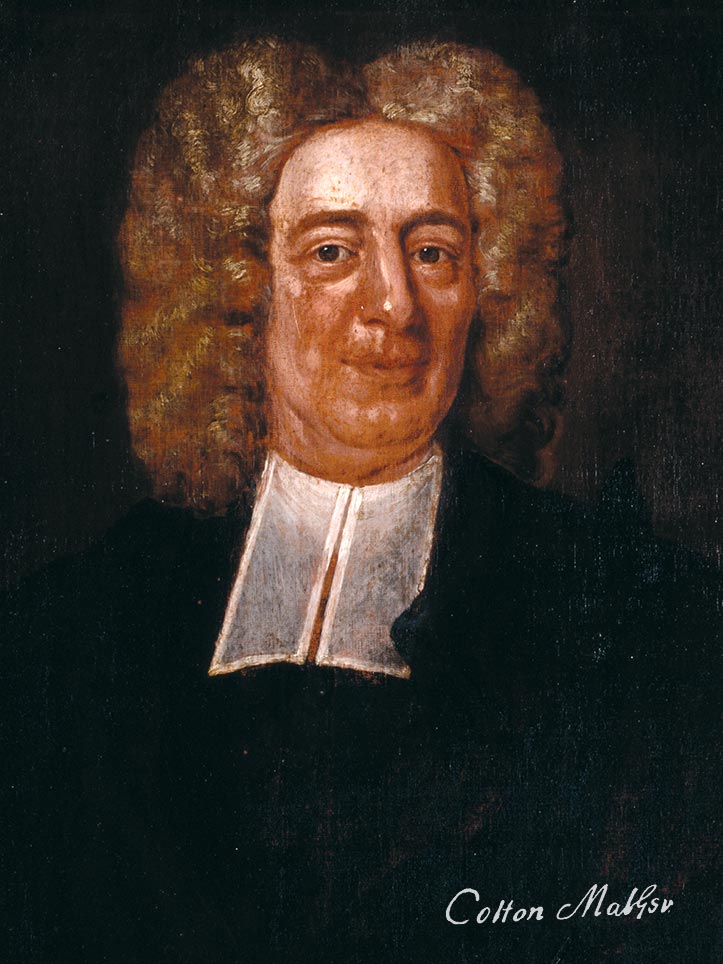In 1870, a writer for The Radical, J. Vila Blake, once asked “How will our present controversies look A.D. 1970?” [1]. The controversies he referred to were in regards to the “Yankee Church Music” of the Reconstruction.
We are just shy of one month into our coursework, and we can already answer Blake’s question from a few different perspectives. In Eileen Southern’s The Music of Black Americans, the first edition of which was published in 1971, she frames her discussion of psalmody through the life and experiences of Black Americans and their opportunities to make music [2]. Just a little bit of preliminary research can reveal that the 1970s actually had a lot to say about the controversies that Blake refers to.
The primary source I found is simple: a newspaper article presenting an 1870 perspective on worship music. It’s author, J. Vila Blake, was a unitarian minister, hymn writer, and poet from Harvard’s Divinity School. The article establishes congregational singing as a cornerstone of early music in colonial New England. The Bay Psalm Book was the first published book in America, and assisted early Puritans with their efforts to spread their faith and plant roots in early America. The first of the controversies Blake highlights occurred in the early eighteenth century and was related to the song book. One prominent line of thought at the time posits that the best way to revive psalmody and regain a connection to early Psalm performance was to learn them note-by-note rather than lining out. Though, this idea was a large source of contention around 1720.
“Surely singing by note,” said the fathers “can be nothing else than a device of the devil “[3].

Cotton Mather (c.1750) American Antiquarian Society
Blake’s discussion of this controversy led me on a hunt for a copy of Cotton Mather’s “A Pacificatory Letter about Psalmody, or Singing of Psalms.” Blake points to this letter as a source of resolution for this conflict. Though I could not find the text in its entirety, George Hood’s 1846 A History of Music in New England: With Biographical Sketches of Reformers and Psalmists includes excerpts from the letter that highlight Mather’s push for a note-by-note approach to psalmody [4].
Mather urges his audience to consider a variety of benefits and complexities to note-by-note learning but he ultimately concludes that:
“If you would personally learn to sing by note and rule, and teach the same to your families, and practice it in some private societies where the matter is voluntary come into, I think it is commendable; but as to the public, you should look on yourselves but as members of the whole: and all members should be more concerned for the good of the whole, than of any particular part” [5].
Blake continues to discuss a second controversy surrounding psalmody that happened around the turn of the nineteenth century. His primary discussion reveals the continual historical legacy and impact of psalmody. Blake’s article might also be useful for understanding Southern’s work – surely, the note-by-note controversy didn’t only effect white psalmodists. Adding layers to an analysis of Southern’s work, like the consideration of Blake’s article, can only paint a broader picture and offer new insight into the way that we understand Psalmody.
A perspective on the historical importance of The Bay Psalm Book
Footnotes
[1] Blake, J. Vila. “Yankee Church Music.” The Radical, June 1870, 7 Edition, Sec. 6.
[2] Southern, Eileen. The Music of Black Americans: A History. Thirded. New York , NY: W.W. Norton & Company, 1997.
[3] Blake, “Yankee Church Music.”
[4] Hood, George. A History of Music in New England : With Biographical Sketches of Reformers and Psalmists. Boston: Wilkins, Carter & Co., 1846.
[5] Ibid, 121.
Bibliography
Becker, Laura L. “Ministers vs. Laymen: The Singing Controversy in Puritan New England, 1720-1740.” The New England Quarterly 55, No. 1 (March 1982): 79–96.
Beveridge, Lowell P. “Music in New England from John Cotton to Cotton Mather (1640-1726).” Historical Magazine of the Protestant Episcopal church, Church Hymnody: Historical Essays Preliminary to the Propose Revision of the Hymnal, 48, No. 2 (June 1979): 145–65.
Blake, J. Vila. “Yankee Church Music.” The Radical, June 1870, 7 Edition, Sec. 6. https://www.proquest.com/americanperiodicals/docview/127822562/fulltextPDF/93F28F7B224143D9PQ/1?accountid=351.
Hood, George. A History of Music in New England : With Biographical Sketches of Reformers and Psalmists. Boston: Wilkins, Carter & Co., 1846.
McKay, David P. “Cotton Mather’s Unpublished Singing Sermon.” The New England Quarterly 48, No. 3 (September 1975): 410–22.
Southern, Eileen. The Music of Black Americans: A History. 3rd Ed. New York , NY: W.W. Norton & Company, 1997.
